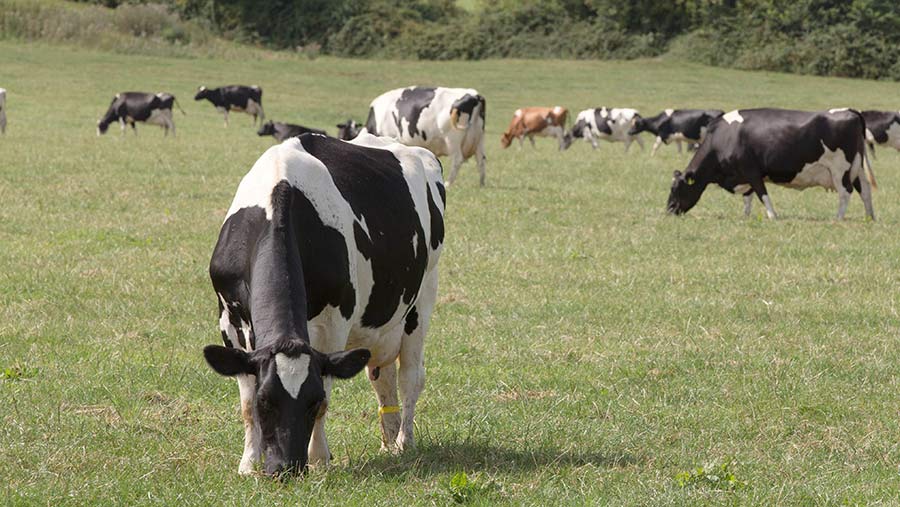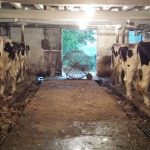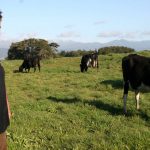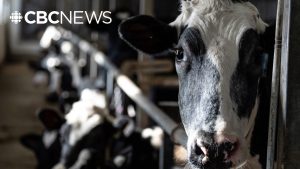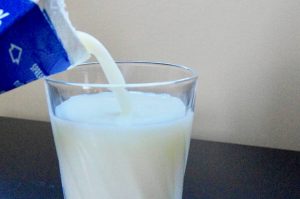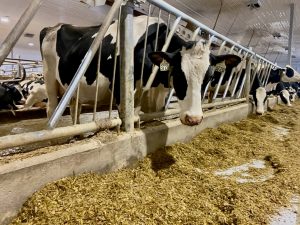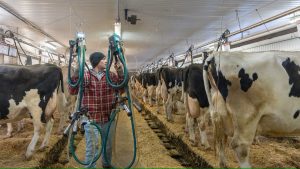
You can guarantee that those cheques will arrive promptly before the upcoming election day. It will help Liberal party fortunes not only in Quebec, but in Ontario and the Maritimes. If only canola, pork and beef producers could be so lucky to have the same caring government looking after their economic hardships, but unfortunately most of them live in western Canada and they have a habit of not voting Liberal. Not to worry, the federal Minister of Agriculture has said that she will stand “shoulder to shoulder” with canola producers. One suspects that means a shoulder to cry on, not any real cash support. How comforting that is to growers as federal government ineptitude in the Huawei princess case destroys their $3 billion canola market. But then that’s politics and in Alberta we know all too well that we are not PM Trudeau’s favourite voters.
The payout announcement cited that an average 80 dairy cow producer will receive a cheque for $28,000 starting this year. Therein lies the problem, what is that sum supposed to do, just giving it to small scale dairy producers only prolongs what really needs to be done. The payout is also not directly tied to any mandatory reduction of dairy production quotas by either the producers or the dairy commission. In effect the feds are paying producers to keep on doing what they are doing regardless of the impact of trade agreements. That’s a recipe for over production which will contribute to even more financial problems for producers. Unfortunately, milk consumers will not benefit from that situation with lower prices, however taxpayers according to the feds will be stuck making payouts for the next 8 years, it bogles the mind.
What is needed is a marketing plan to reduce milk production as the market is demanding. The payout should have gone into a fund to buy out small scale producers and their dairy quotas primarily in eastern Canada that have fewer than 100 dairy cows. The dairy industry in Canada will only become more competitive and efficient if the average dairy farm has 1,000 to 5,000 dairy cows. That is what is happening in the USA and it needs to happen in this country. Most other sectors in agriculture continue to consolidate to take advantage of technology and economies of scale, the dairy industry can do the same even under supply management. However, the problem with dairy industry supply management is that it is controlled by Quebec and to a lesser extent Ontario and the Maritimes – the homes of most small-scale producers. Western Canada is almost powerless to change that arrangement. Heck its rumoured that for many years western dairy producers paid millions into some sort of price stabilization scheme for Quebec producers. Looks like just another equalization scam that favoured that province.
What gets aggravating is that whenever the inequality of the share of national dairy quota is brought up, Quebec agriculture apologists claim that it is their traditional right to that national milk production entitlement – sounds familiar. The supply management of milk marketing has worked well for the industry and the rural economy, but it needs to be radically transformed so that the dairy industry is not trapped into a marketing model that hasn’t changed much since the 1970s. Supply management will work much better for the public and the industry if dairy production is allowed to consolidate into large-scale commercial operations in areas of the country where they are economically feasible. Paying multi-millions of taxpayer dollars to keep small-scale dairy farmers in business is unwise and only continues to question the credibility of supply management.
This column has advocated many times that Alberta is ideally positioned to establish large-scale multi-thousand dairy cow operations. The climate, geography, feed production, technical expertise and experience with very large-scale cattle production are all here particularly in southern Alberta. But all of that would be a massive threat to the established dairy production business of eastern Canada. The only way to stop the western movement of commercial dairy production has been to use supply management quota restrictions to block such an economic migration. Those restrictions can be overcome, but only through a monumental political effort by the Alberta government.
Will Verboven is an agriculture opinion writer and agriculture policy consultant. willverboven@hotmail.com
